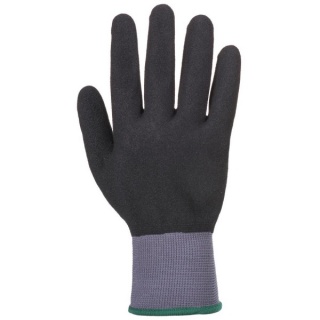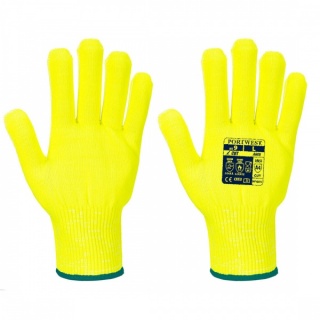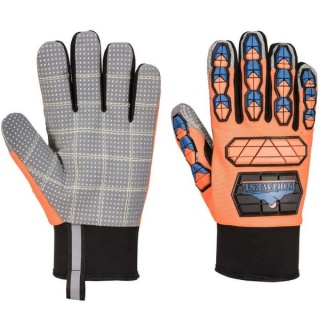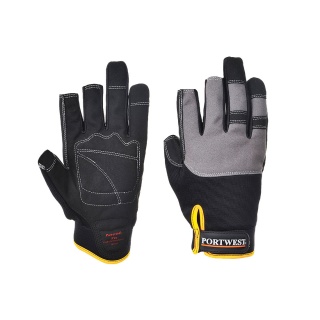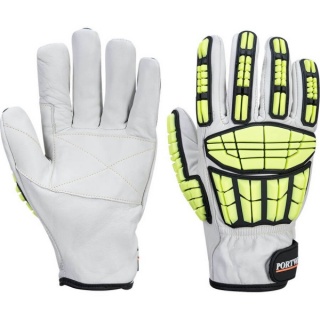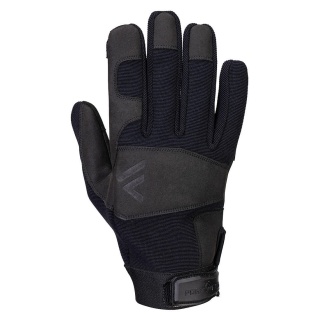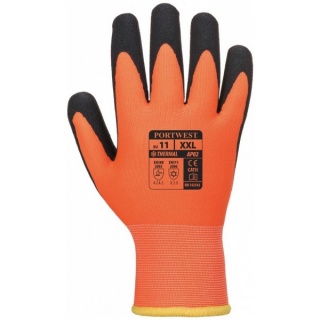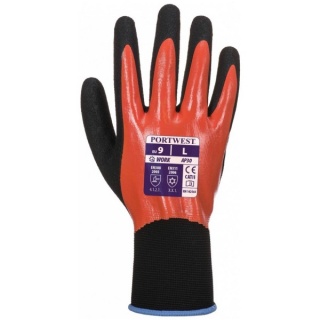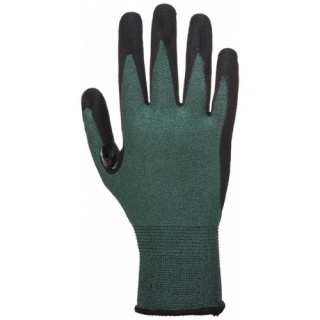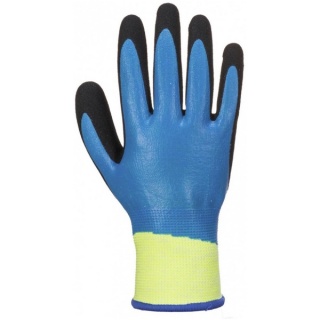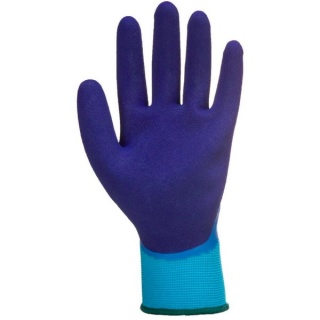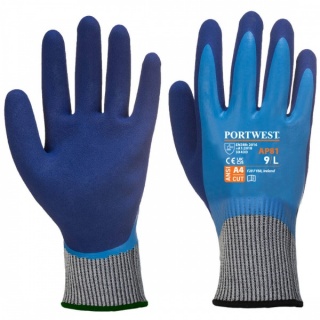Be the first to Write a Review for this item!
Just what I wanted, a lighter weight fleece for the spring and summer, well made and comfortable. Excellent service from B K Safety Wear.
Excellent product at the most competitive price. I would buy from this company again.
I must admit that I am quite reluctant to buying online from other countries and the items being delivered to a third country. There are not many companies that offer such service, let alone such a reliable one. I was a bit worried at the beginning therefore, I am positively surprised that all went very well, without any problems and that everything was very profesional. I even called to enquire about the status of my purchase and my call was answered immediately as well as all details confirmed verbally once again. I must stress that I was very pleased with the service and the person for whom the item was purchased was also very happy with the product that was chosen according to the description, size, and details as shown on the website and that everything matched exactly as presented.
Thank you very much for this experience.
Our operatives love these trousers in the summer as they fit the specification we are required to meet for safety but are so comfortable and lightweight.
Top Quality Work Wear love the design will be getting another pair soon
Shirts easy to order and came by Post Office delivery, great fit and fell very combatable, now to use for work and see how long they last. But very pleased so far.
